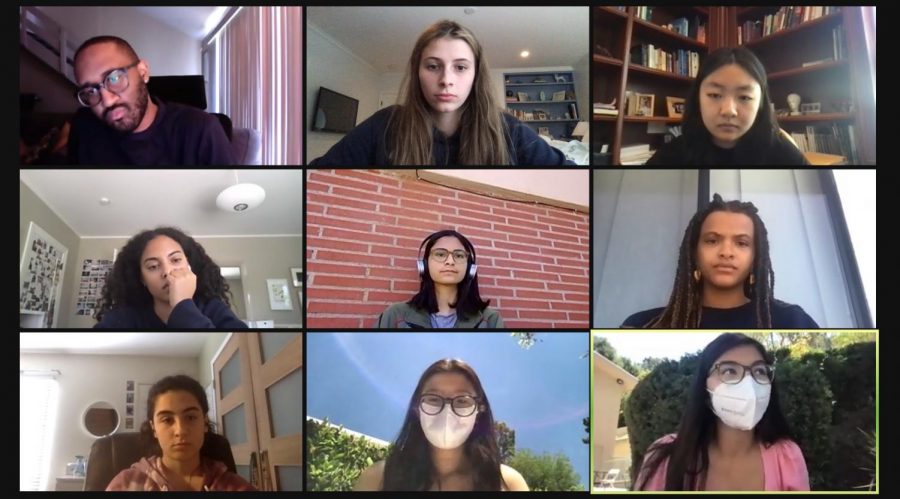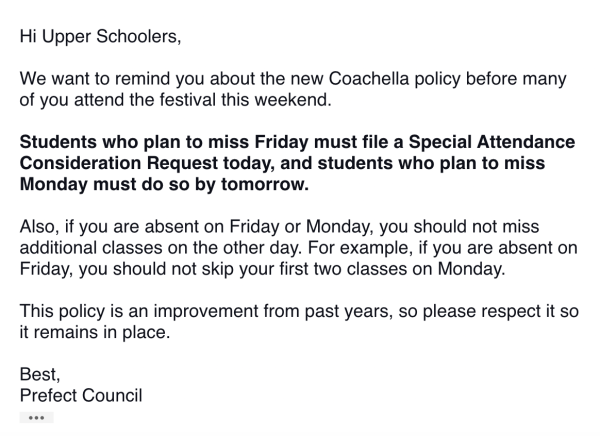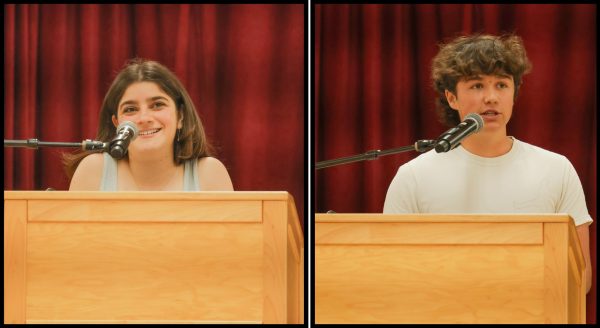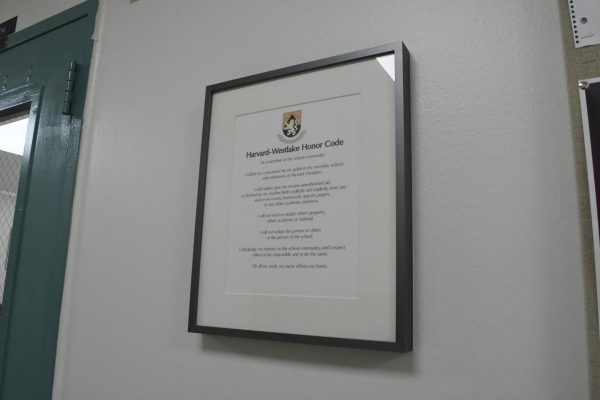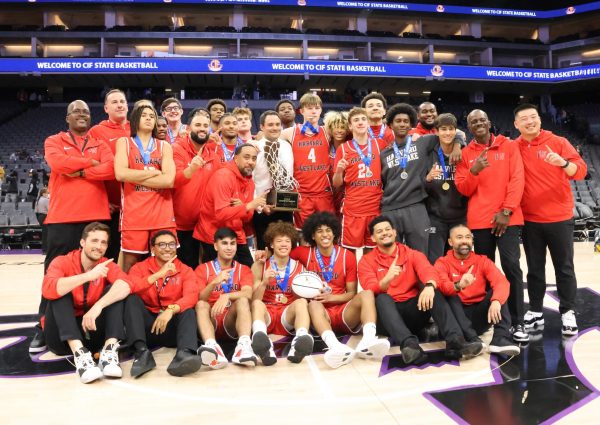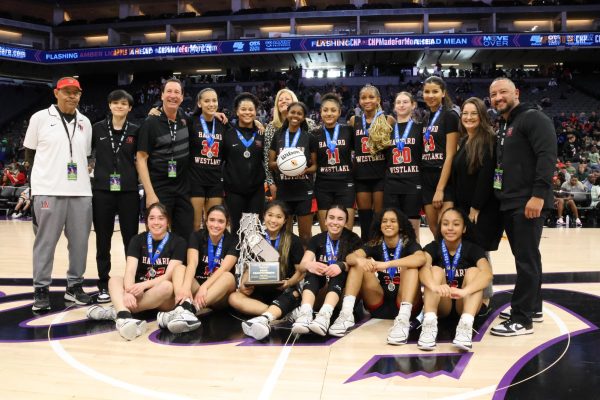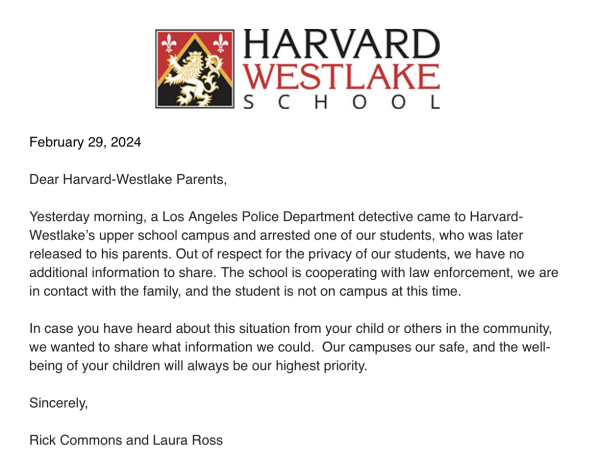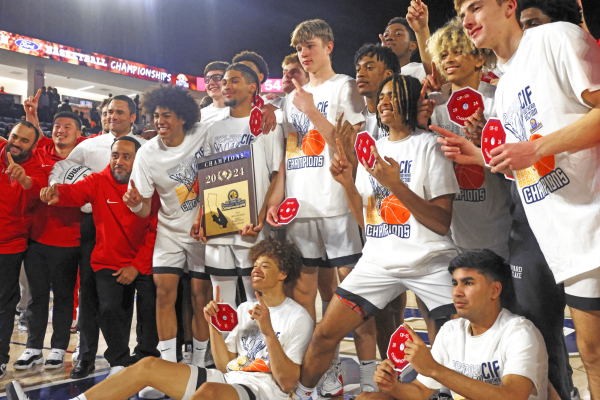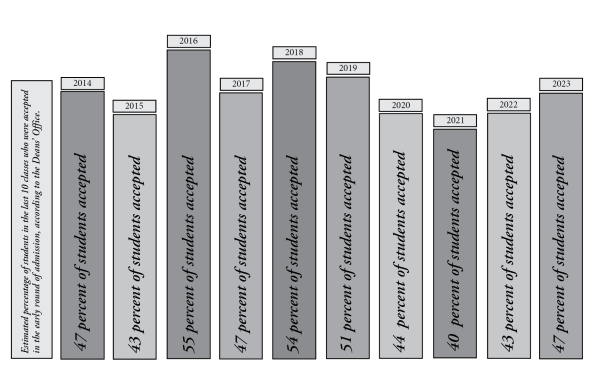DEI Office hosts virtual student focus groups in new phase of climate assessments
In a Zoom breakout room hosted by an administrator, students discuss their thoughts on DEI’s progress.
May 5, 2021
The Office of Diversity, Equity and Inclusion (DEI) conducted student focus groups as a part of its second DEI climate assessment via Zoom May 3 and 4.
Students met in small groups with a leader from the Glasgow Group, a consulting service for independent schools, to discuss problems and successes with the school’s recent DEI initiatives. In an email written to students inviting them to sign up for the groups, President Rick Commons wrote that the focus groups will allow the administration to evaluate how the school’s environment has changed since the school’s first DEI climate assessment conducted in 2016.
“That process gave the school feedback that allowed us to move forward with many important initiatives such as creating the DEI office at the school, improving professional development, and strengthening our policies and practices,” Commons wrote in an email to the student body. “We are now in the process of conducting our second school-wide climate assessment. This will allow the school to see where we’ve made progress and where we need to continue to focus attention moving forward.”
Students were able to join the optional groups through RSVPing via email
Focus group attendee Chelsea Cho ’21 said she came to the meeting because she felt inclined to help her community with these issues, especially because she is the leader of Asian Students in Action, an affinity group on campus.
“I came to the DEI focus group to share my thoughts and feelings as an affinity group leader to someone who isn’t directly involved at the school but is here to help,” Cho said. “It’s really valuable to be truthful and real with someone from an outside perspective on our community.”
Cate Greenman ’22, who also attended the meeting, said she found the structure and makeup of the groups particularly productive.
“The fact that we were placed into smaller discussion groups composed of various students from different grade levels and affinity groups allowed for a wide range of viewpoints and gave the opportunity for everyone to express their opinions on how [the school] can improve,” Greenman said.
The student groups are part of the next phase of DEI’s assessment
Cho also said she hopes the climate assessment and the input of her classmates will result in real change in the school’s approach to DEI.
“Hopefully our discussion will result in action items, especially coming from a third-person perspective,” Cho said. “I think it’s really important to talk about ideas before shooting them down in case they might be unrealistic or out of the ballpark when there are well-seasoned community members trying to make a change.”



































